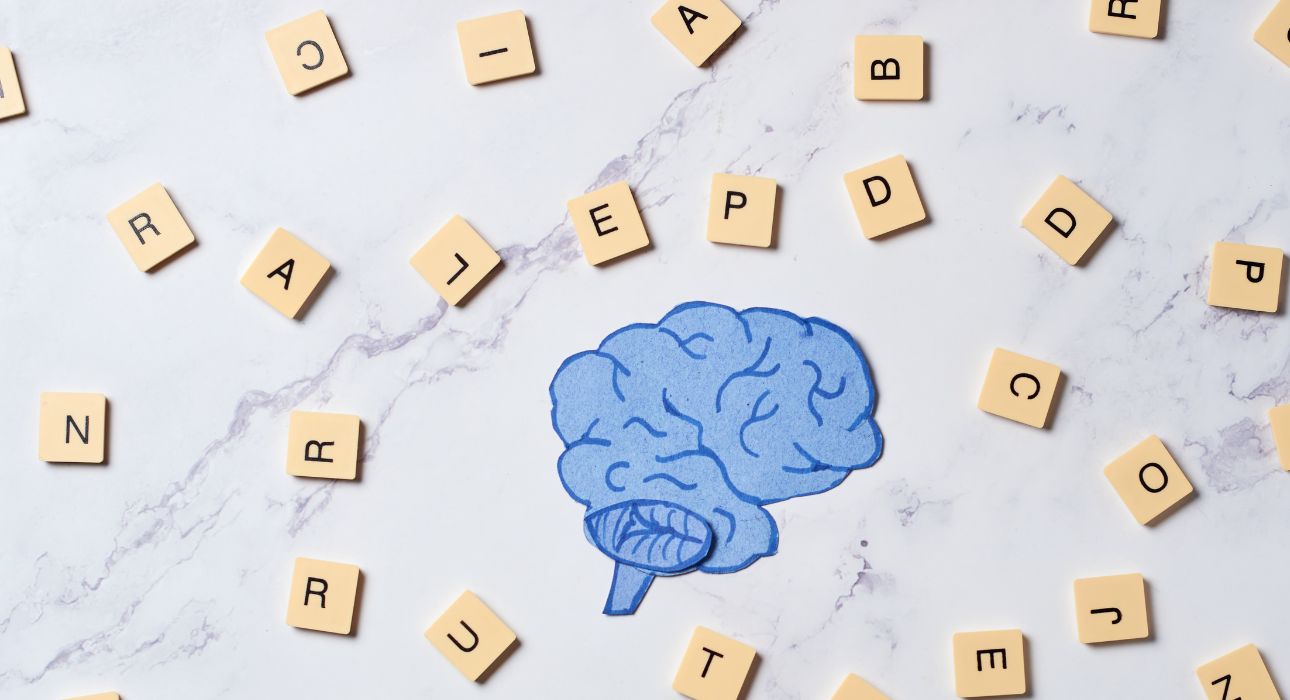The Role of the Hypothalamus in Stress Responses: Fight, Flight, or Freeze
In our daily life, we encounter many stressful situations, be it environmental, such as work deadlines, family arguments or psychological problems, such as worrying about exams, losing a job. An event of stress leads to physical, behavioural, and psychological reactions by the human body. This article dives into the details of the stress response system















